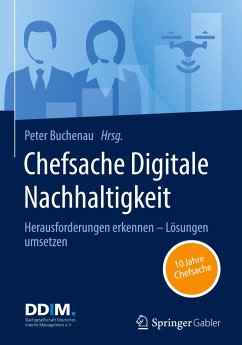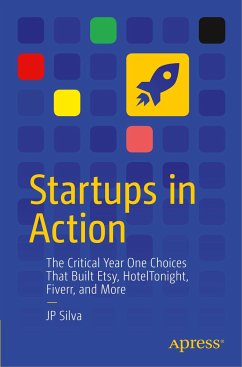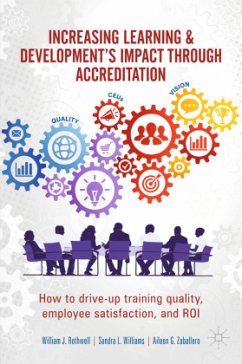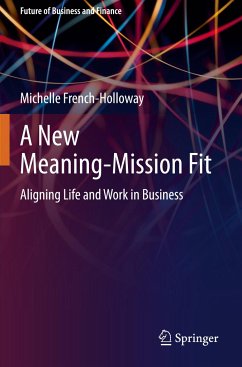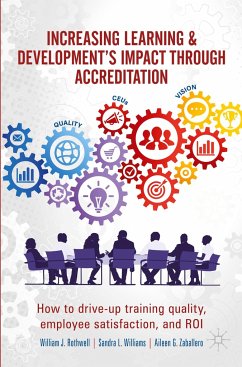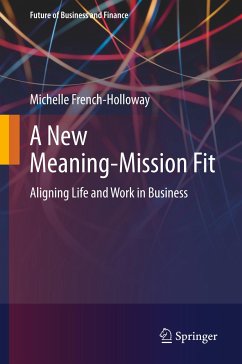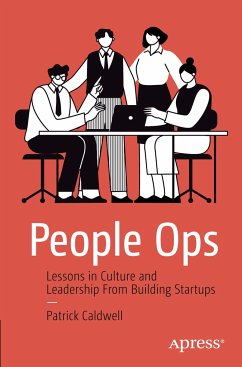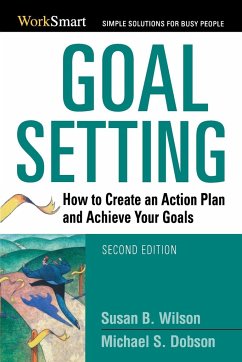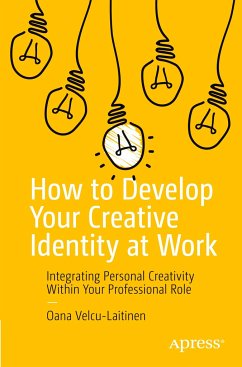
How to Develop Your Creative Identity at Work
Integrating Personal Creativity Within Your Professional Role

PAYBACK Punkte
10 °P sammeln!
According to the World Economic Forum, creativity is considered to be the third-most-important skill for employees, behind complex problem-solving and critical thinking. This book will help you rethink your creativity and its value in the work life, giving you access to intellectual, emotional, and reputational benefits that were previously unattainable. Based on a collection of interviews and research, this book translates the latest findings on the creative beliefs, confidence, and mindset into digestible thoughts for experts with an itch for improvement and innovation in domains like techno...
According to the World Economic Forum, creativity is considered to be the third-most-important skill for employees, behind complex problem-solving and critical thinking. This book will help you rethink your creativity and its value in the work life, giving you access to intellectual, emotional, and reputational benefits that were previously unattainable. Based on a collection of interviews and research, this book translates the latest findings on the creative beliefs, confidence, and mindset into digestible thoughts for experts with an itch for improvement and innovation in domains like technology, entrepreneurship, and education. It brings a new perspective to creativity by focusing on how individuals can understand their creativity and what the implications are on what they want to achieve. How to Develop Your Creative Identity at Work is based on the most recent creativity research, which analyzes how creativity plays an important part in the individual's sense of identity. What You'll Learn Understand how personal beliefs about the innate creativity are influenced by past experiences See how the creator's personality can be shaped through new habits of curiosity, emotional risk-taking and insight Establish a creative communication style that enables others to navigate smoothly through the challenging moments in a feedback conversation Become an ambitious person with a sense of meaning in the work you do Identify all the familiar and less familiar in-house creative experts Who This Book Is For The primary reader is a knowledgeable expert, in a creative or less creative role, who is curious to bring a better fit between their inner experiences and the external environment. The secondary audience are the experts in roles like learning and development, people and culture change, and team leads who are interested in facilitating a space where employees feel safe to share their original ideas and express their curiosity.





